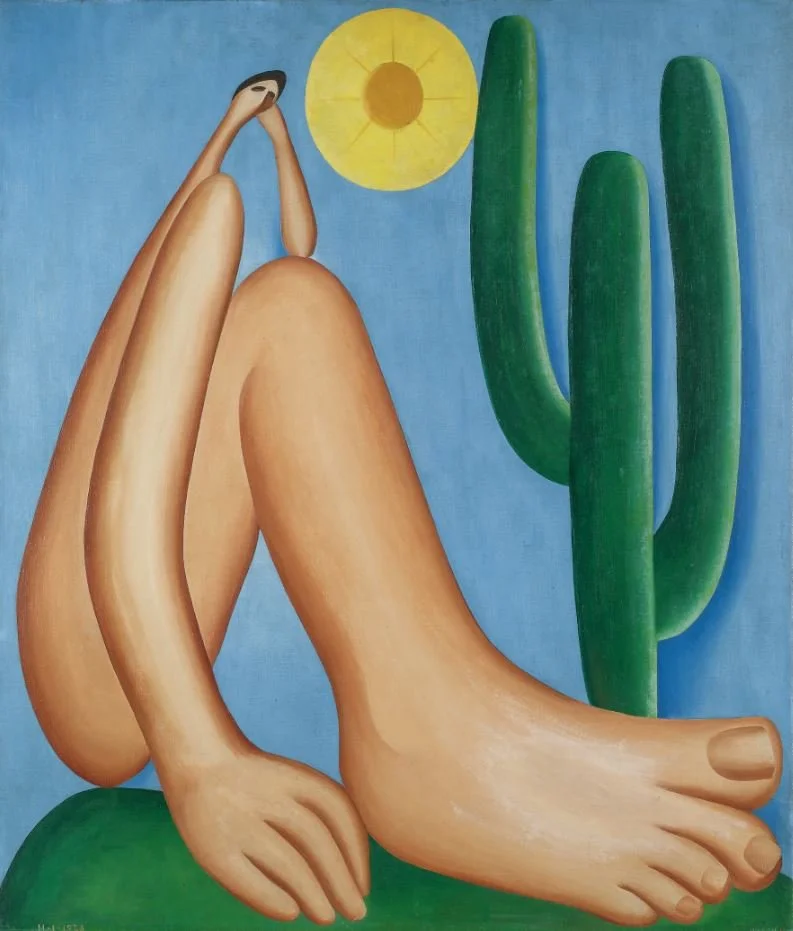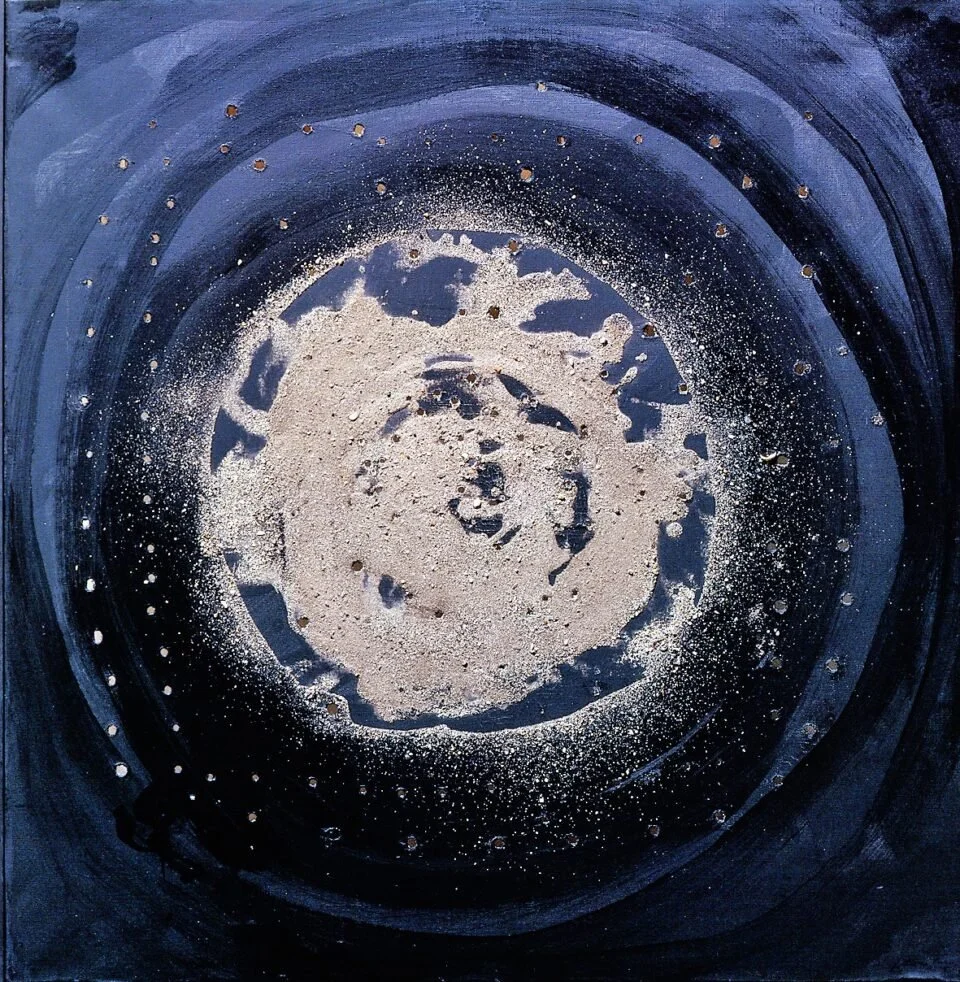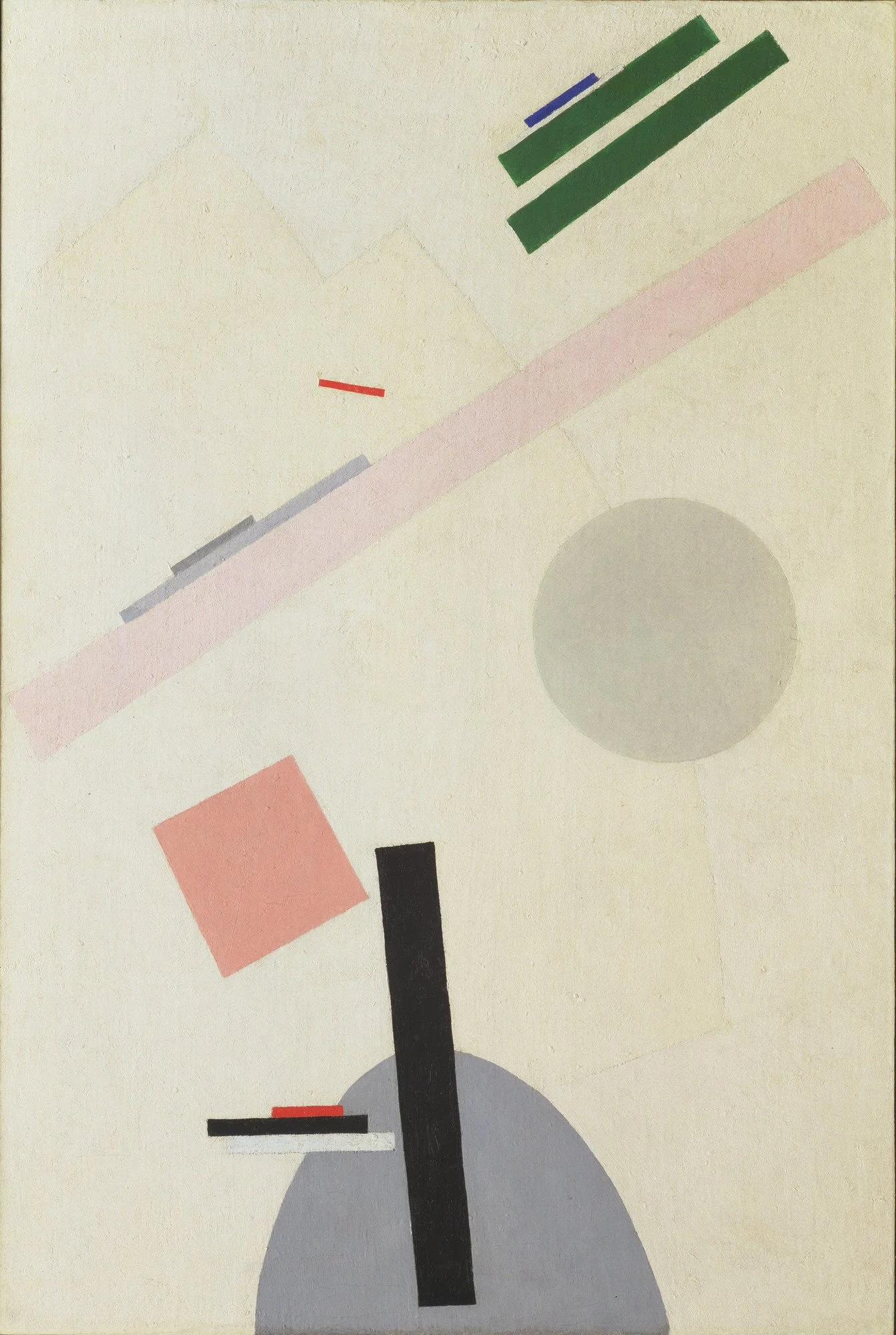
Phantasm and Sublimation — Paula Hochman
For Freud, sublimation accounts for the fundamental achievements of civilization. It is the destiny of the drive, whose satisfaction is anchored in the social link. We will study the logic of sublimation and its relation to the phantasm, which supports the subject's desire.

On Repetition: Lacan’s Contribution to Logic—André Michels
There is repetition only through scansion by the unary trait, the basis of the constitutive differentiation of the subject. Returning to the logic of the signifier, we will address the structure of repetition and the emergence of the new — one of the major stakes for the future of psychoanalysis.

Holes and Lack — Mauro Milanaccio
In Lacanian psychoanalysis, the “hole” is not simply a physical absence, but a concept linked to the topology and structure of the subject. Lacan, using the surface of the torus, makes it a paradoxical element: the hole, far from being reduced to a pure lack, constitutes a point of intersection between the subject and the Other, between the demand and the object.

“The Sacred and Golden Pull of Reasoning”: On Plato’s Laws — Raffaella Colombo
In his last and longest dialogue, Plato deals with the creation of a just system of legislation for the colony the Cretan Clinias must found. The conversation on a hot summer day among Clinias, an unnamed Athenian, and the Spartan Megillus raises crucial questions about the divine or human origins of the laws and their role in the city. We will examine how the dialogue also considers the kind of transference the legislator must establish to create a stable bond among citizens and between each citizen and the legislation itself.

Apocalypse, or Uncovering Possible Resilience — Béatrice Cléro-Mazire
Apocalypse is a literary genre that arose in dramatic circumstances: born of crisis, it decries the political violence of its time while envisioning the possibility of recovery for its victims. We will study how John’s Apocalypse maps a path of resilience for an oppressed community, and expand upon its significance for social and political movements.
dates to be announced
The Logics of the Sexed Being — Gisèle Chaboudez
Since Freud, psychoanalysis has updated its thinking about sex. With Lacan, the pan-phallic logic of the Oedipal gave way to a female logic of the not-all, allowing women an “other jouissance.” The phallic function remains, but it’s no longer exclusive.
Après-Coup Presentations Event
This event will be free and open to the public.

